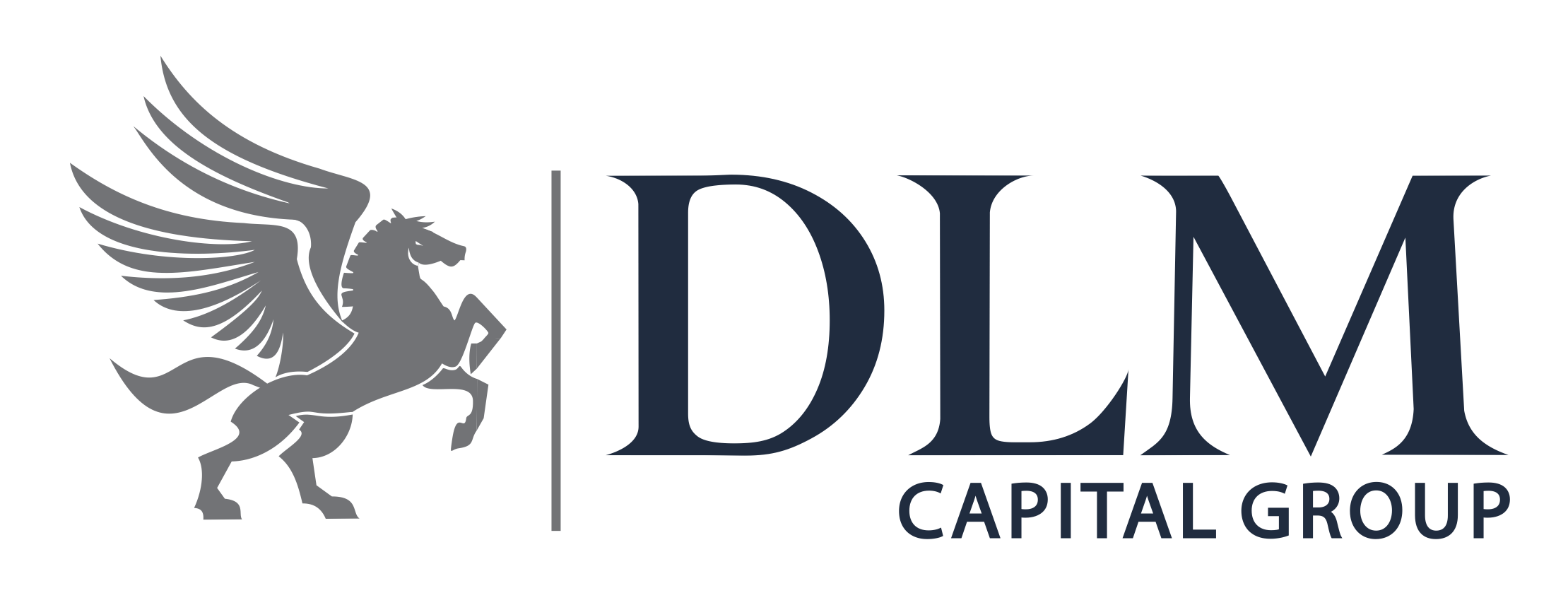- New Regulation Threatens N466b Power Sector Loans
The nation’s banks could lose over N466 billion exposures to the power sector due to new policy by the Nigerian Electricity Regulatory Commission (NERC).
Operators in the ailing sector say the regulation would impact negatively on their revenue and ability to pay back loans.
The industry, which had been bogged by challenges since it was privatised, may have been burdened further by the Eligible Customer and the Eligible Customer Regulations.
Already, the Distribution Companies (DisCos) have issued notice to declare force majeure, a term relating to the law of insurance and frequently used in construction contracts to protect parties when a segment of the contract cannot be performed due to emergencies, including natural disasters.
The Eligible Customer declaration permits electricity customers to buy power directly from the generation companies, in line with the provisions of Section 27 of the Electric Power Sector Reform Act 2005 where eligible customers may buy power from a licensee other than electricity distribution companies.
The directive presents an opportunity for existing captive or off-grid power plants to supply power to single eligible customers, especially in the manufacturing sector and groups of customers who may be within commercial, residential or industrial clusters.
The DisCos however claimed that the new policy resulted in a change of law that prevents them from fulfilling their obligations under the Performance Agreement.
Though, the country’s transmission network has been upgraded to wheel over 7,000mw of electricity, the DisCos are rejecting load, due to their inability to build more distribution infrastructure.
Data from the National Bureau of Statistics showed that the power and energy sector was given 2.97 per cent of a total of N15.71trillion worth of credit allocated by banks to the private sector in the second quarter of 2017.
At the start of privatisation three years ago, many DisCos and GenCos took loans from banks to purchase the firms. Some even went further and obtained more funds for rehabilitation of dilapidated infrastructure.
Few years later, operators of the electricity firms are yet to break even, blaming low-cost reflective tariff system, introduction of eligible customers by the Federal Government, and high cost of gas to power plants.
Operators put the tariff shortfall in the sector from January 2015 to December 2016 at N460 billion. They said there was a market shortfall accumulating at a rate of N20 to N25 billion monthly with a planned recovery of N701 billion.
For example, Abuja Disco has a tariff shortfall of N45 billion; Benin, N53 billion; Eko, N28 billion; Enugu, N45 billion; Ibadan, N59 billion, Ikeja, N38 billion, Jos, N27 billion; Kaduna, N48 billion; Kano, N40 billion; Port Harcourt, N48 billion; and Yola, N21 billion.
The operators noted that the introduction of Eligible Customers would flush the sector down the drain. “What the Minister has done is the violation of the statutory principle of contract. If the DisCos are undermined, investors will be skeptical about bringing investment into the country,” an investor told The Guardian in confidence.
The introduction of Eligible Customers at this time would not bring desired results, “rather it will distort the market, as the playing field is not level,” he said.
The source said: “The problem of the power sector is liquidity. A situation where you are buying energy at N68 per kWh and are compelled by law to sell the same for N31.58k will never solve the sector’s problem. Even if an angel runs the DisCos today, it can never be whole.”
Decrying the challenges in the sector, the Executive Director, Research and Advocacy of Association of Nigerian Electricity Distributors (ANED), Sunday Oduntan, said DisCos have continued to seek fund, in spite of the burdened balance sheet due to the Nigeria Electricity Market Stabilisation Fund that went to legacy gas debt.
He said there had been calls from different quarters that the privatisation of the power sector should be cancelled. “Privatisation is not the issue but rather inconsistent regulatory framework. Cancelling of the privatisation would worsen the sector and show to foreign investors that Nigeria does not respect sanctity of contract and that we are not open for business,” he said.
He stressed that access to finance for capital investment, necessary to inject efficiency, was non-existent, and that ability to sell power at its cost would generate the cash flow projection critical for DisCos to access lender financing or equity investment.
“Inadequacy of the electricity tariff minimises the capital investment required to improve the retail experience. Gas pipeline disruptions adversely impact generation, reducing the base of recovery of costs. Transmission limitations create energy bottlenecks. Lack of investment by the DisCos, which promotes continued inefficiency and the aforementioned challenges, results in reduced revenues and resultant market shortfalls,” he said.
He noted that a policy framework that was consistent and promoted an enabling investment environment would attract investment to the sector.
Oduntan added that open, inclusive and transparent collaboration with the private sector was fundamental to the viability and sustainability of the sector.
“Performance agreements need to be effective, with all the pre-conditions addressed,” he said, calling for a special intervention fund with long tenure and single digit interest rate to fund long-term projects in the sector.
In a letter to the DisCos, the Director General of the Bureau of Public Enterprises (BPE), Alex Okoh, challenged the assertion that there had been a change in law and rejected the notice to declare force majeure.
Okoh said that pursuant to the Electric Power Sector Reform Act 2005, it was obvious that the Minister of Power, Works and Housing was empowered to issue policy directive specifying the class or classes of end-use customers.
He said: “As you are aware, this is the same Act which midwifed the process whereby the power assets were privatised to the core investors. Given that the declaration and the regulations were lawfully and validly issued by the Minister and NERC, and that there has been no change in the law giving rise to a political force majeure, we are unable to see the basis for the issuance of the notice.”
The Minister of Power Works and Housing, Babatunde Fashola, pointed out that while the DisCos would be affected in terms of potential revenue impact, consumers would be affected with regards to how they possibly built distribution assets and how got compensated.
“Members of the public must therefore understand that whether it is tariff setting, whether it is Eligible Customer declaration, the Nigeria Electricity Regulatory Commission (NERC) works, first, by consultation before it makes decisions, so that all interests are carried as much as possible,” said Fashola.
He added: “I want to use this opportunity to say that whenever consultation notices and stakeholder notices are issued by NERC, members of the public should take them seriously.”
He described the regulation as “a very important rule”, adding: “It will help us to improve capacity for electricity distribution to consumers who need them and consumers also who are willing to make investments in providing distribution assets in a way that it helps them to recover their costs.
“But I will like members of the public to know that the process of making these rules did not come by sitting in the office. It came by consulting with as many people as possible who will be affected by the regulations and by the declaration that I have made. I know that DisCos will be affected in terms of potential revenue impact and I believe that this has been taken care of.”
In ‘Nigerian Power Sector Report, Is There Light at the End of the Tunnel?’ a financial analyst with the United Capital Group, Kayode Tinuoye, said that in spite of numerous headwinds confronting the power sector today, the electricity market remained an attractive long-term investment opportunity.
Meanwhile, Nigerian banks have taken over 15 tanks, filling stations and properties used as collateral by some operators in the downstream sector.
The executive secretary, Major Oil Marketers Association of Nigeria, Obafemi Olawore, confirmed the development yesterday, saying the marketers were unable to offset their loans due to non-payment of a $2 billion outstanding subsidy by the Federal Government.
Olawore said the marketers consisting of the Major Oil Marketers Association of Nigeria (MOMAN), Independent Petroleum Marketers Association of Nigeria (IPMAN), and Depot and Petroleum Products Marketers Association (DAPPMA) were under intense pressure from banks to pay back loans obtained to import petroleum products during the subsidy era in the country.
He disclosed that the unpaid interest and foreign exchange differentials arising from the subsidy claims had led to insolvency and rendered the marketers financially handicapped to continue operations.
Speaking on bank’s exposure to the oil sector, Head of Energy, Ecobank Plc, Dolapo Oni, said the debt figure in the oil and gas sector was still very large, adding that measures were now being taken by banks to get some of the debtors to sell some of their assets.


 Forex4 weeks ago
Forex4 weeks ago
 Naira3 weeks ago
Naira3 weeks ago
 Billionaire Watch3 weeks ago
Billionaire Watch3 weeks ago



 Naira4 weeks ago
Naira4 weeks ago






 Naira3 weeks ago
Naira3 weeks ago


 Naira2 weeks ago
Naira2 weeks ago






 Naira2 weeks ago
Naira2 weeks ago
 Commodities4 weeks ago
Commodities4 weeks ago





















